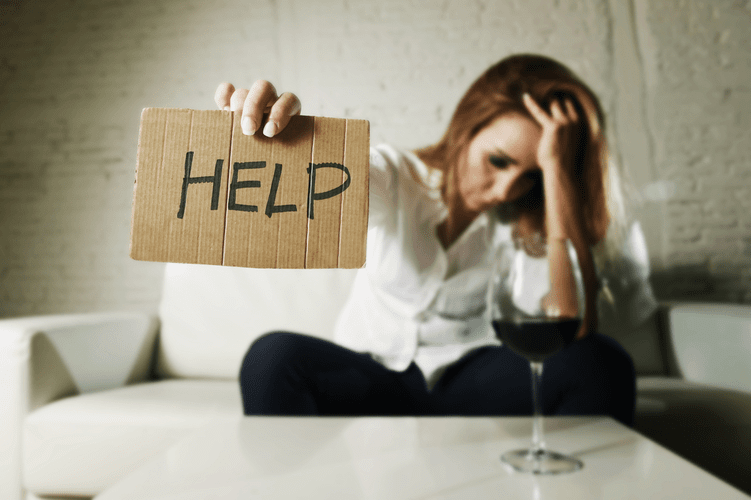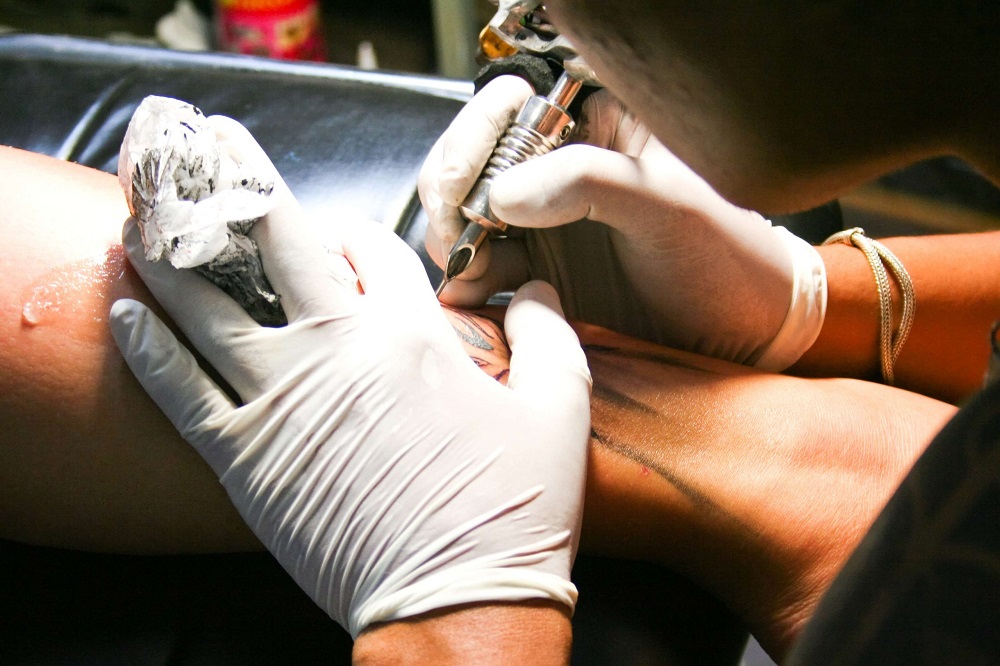Sober living
Substance Abuse Therapy Activities Substance Abuse MA
Substance abuse is not something you or your loved one has to fight alone. Here at Aquila Recovery Clinic, we help individuals who are struggling with alcohol or drug abuse to gain their sobriety and learn to live a happy and productive life. Additional types of substance abuse group therapy include specialized groups, relapse prevention treatment, communal and cultural groups, and expressive groups.
The Importance of Building a Sober Support Network
Apart from being a place where you can build meaningful connections, such activities will help you develop essential life skills and a sense of belonging. This can include medication-assisted treatment, group therapy, individual therapy, life skills groups, psychoeducation groups, and support groups. Some clients may present with reluctance to participate in the different forms of group therapy during their treatment program.
List of Group Therapy Activities for Substance Abuse
Your muscles are stimulated, your lungs are filled with oxygen, and you inhale and exhale, all as you follow the instructor’s direction and the music. As you become more experienced, you may enjoy seeing yourself and your team dance a favorite routine even more. Our mission is to help individuals, communities, and families achieve freedom from drug and alcohol addiction. But for many, the collaborative environment of group therapy works as a critical part of the overall treatment plan. Once the escalated client exits the room, acknowledge what happened and let the group know you intend to follow up with that person.
Substance Abuse Group Therapy Ideas
Group therapy is an essential part of addiction recovery, providing a safe space for individuals to share their experiences, gain support from peers, and develop healthier coping strategies. While traditional talk therapy plays a vital role, experiential activities for group therapy offer a dynamic way to engage participants on a deeper, emotional level. These hands-on exercises help individuals explore their feelings, build trust, and gain insight into their recovery substance abuse group activities journey. Group therapy activities for substance abuse provide a structured, safe space to build trust, develop coping skills, and inspire personal growth.
Ask participants to create visual boards showcasing their recovery goals and aspirations to ignite stimulating conversations and reflection. Ask participants to alcoholism treatment take turns listing effective self-care practices they’ve found helpful, like eating a balanced diet, getting adequate sleep, and exercising regularly. For these participants, art therapy with simple prompts can effectively convey how they feel. Engaging in volunteer or community service projects as a group can play a pivotal role in preventing relapse. Participants can boost their self-esteem and create positive connections.
- Substance abuse recovery is a challenging journey that benefits from determination, support, and connection.
- It can also serve as an opportunity to go over the group’s ground rules, encouraging a non-judgmental and productive session for all.
- Suggest different coping strategies they could use to stay sober when triggered.
Shared Experiences

Browse our directory or reach out to the Substance https://ecosoberhouse.com/ Abuse and Mental Health Services Administration (SAMHSA) for more information about addiction recovery. First, music provides a rhythmic meter to act as a metronome during breathing exercises and stretches. It’s an excellent addition to a group meditation session as it gently guides participants without distracting thoughts. You can play the music in the background to help clients reflect while listening to music.
- Group therapy activities are interactive and helpful in revisiting memories or thoughts from new perspectives.
- Participating in group physical fitness and outdoor adventures can play a significant role in relapse prevention.
- Overall, journaling exercises are an effective component of group therapy activities, offering a structured and reflective method for individuals to process their emotions and experiences.
- By incorporating worksheets into your sessions, you can help your clients delve deeper into the subject matter and contribute to their overall wellbeing.
Wrapping It Up: The Power of Play in Recovery

The first person creates a simple beat, and the rest of the group follows suit, repeating the pattern and adding their embellishments. The next player repeats the pattern and adds something new, and the process continues until the individuals before them don’t repeat the pattern. The player who loses must try to distract the other players as they construct and pass on a new beat. The goal is to keep your attention focused on the rhythm and avoid being distracted by anything or anyone.
Psychoeducation & Process Groups
On the thought of writing songs, you may find those who are struggling to verbalize their thoughts and feelings can use music as a tool to help them express the complexities within themselves. A meditation session at the beginning of group therapy sets a calm and thoughtful tone. Guided meditation is an excellent ice breaker and provides an opportunity for lesson learning. You can read a passage and ask the members to take a silent moment to reflect on its insight. What’s more, you can encourage your members to take up meditation in their private time. It’s more like a marathon through a minefield of triggers and temptations.
